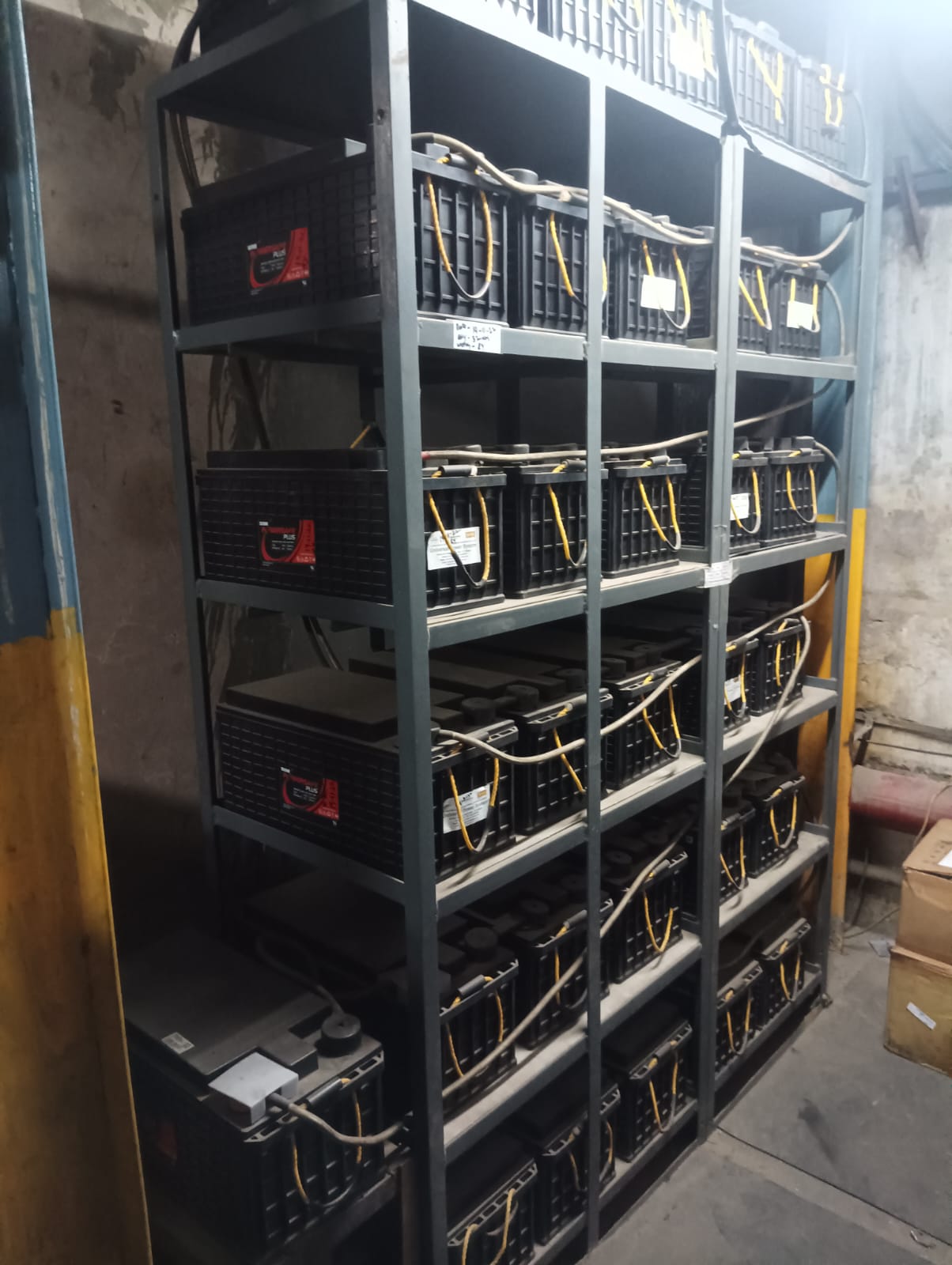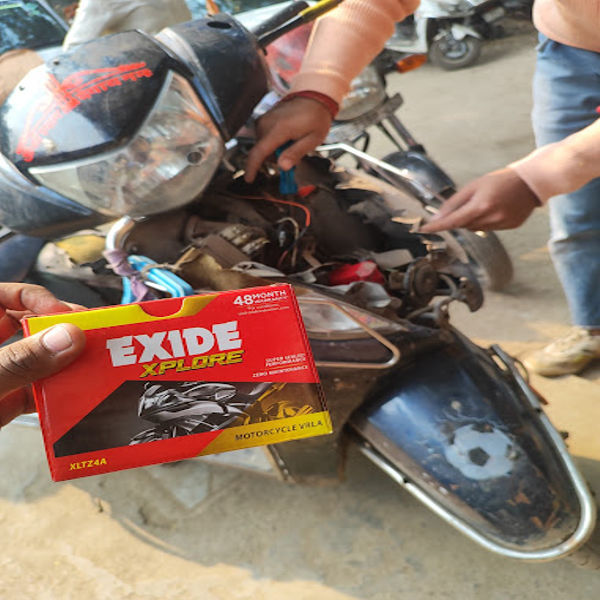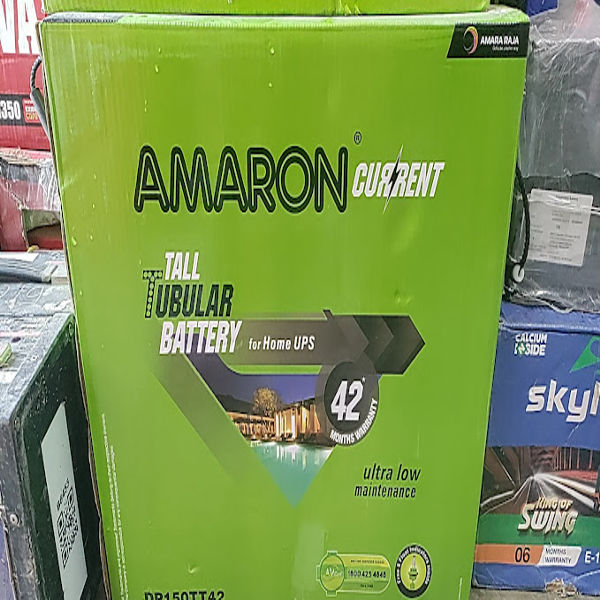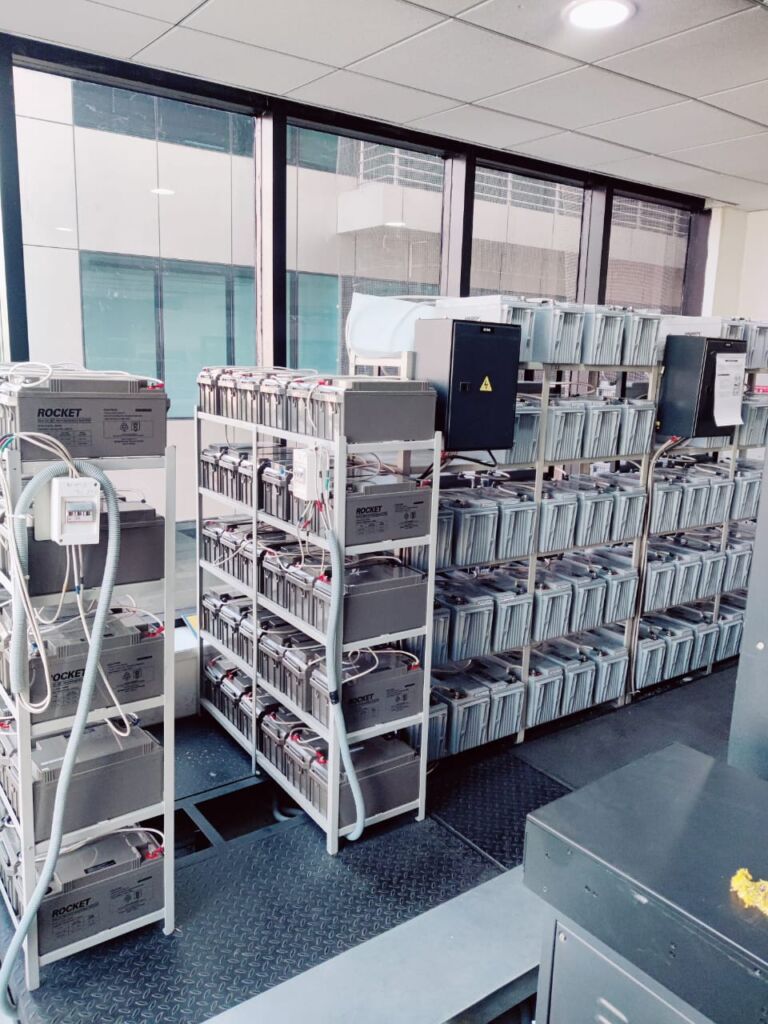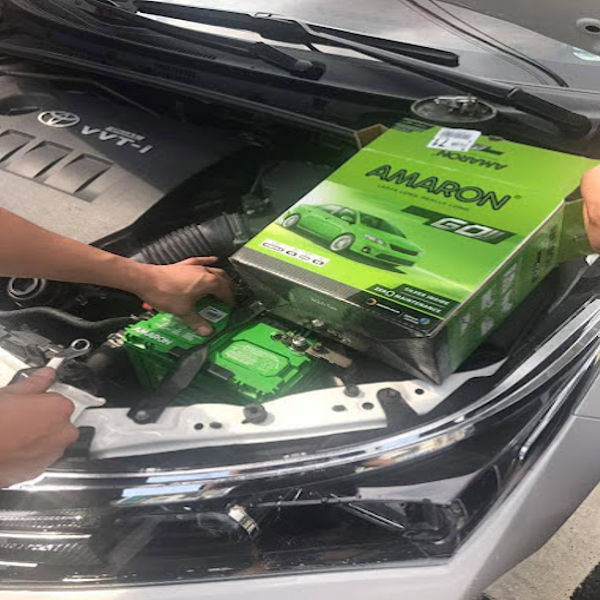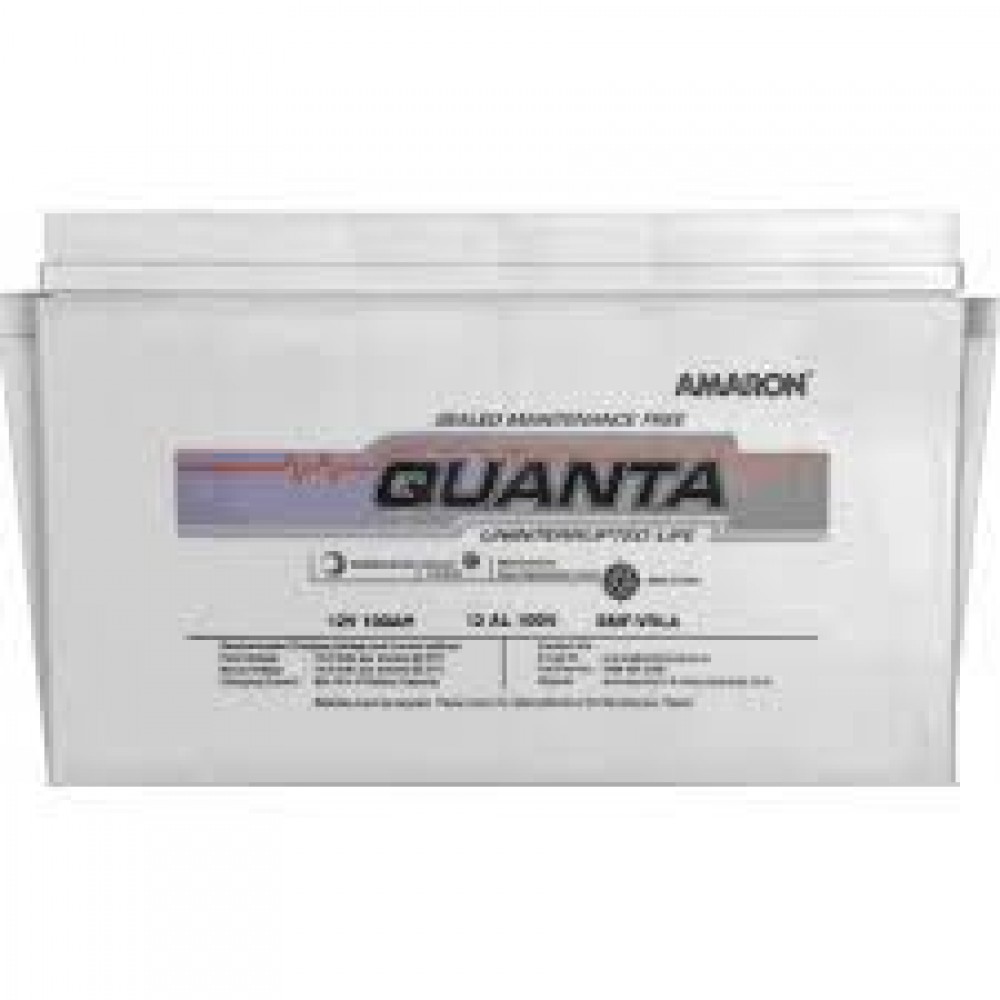Maintaining your Uninterruptible Power Supply (UPS) system and its batteries is crucial for ensuring reliable performance and extending their lifespan. Here are some essential maintenance tips: 1. Regular Inspection Visual Checks: Inspect the UPS and batteries for any signs of physical damage, leaks, or corrosion. Connections: Ensure that all connections are secure and free from dust and corrosion. 2. Battery Maintenance Battery Testing: Regularly test the batteries for capacity and performance. Use a battery tester to check voltage and load. Clean Terminals: Keep battery terminals clean and free from corrosion. Use a mixture of baking soda and water to clean any corrosion, and ensure terminals are dry before reconnecting. Check Electrolyte Levels: For flooded lead-acid batteries, check the electrolyte levels regularly and top up with distilled water as needed. 3. Environmental Considerations Temperature Control: Keep the UPS and batteries in a cool, dry environment. High temperatures can reduce battery life significantly. Ventilation: Ensure proper ventilation around the UPS to prevent overheating. Avoid placing it in enclosed spaces without airflow. 4. Regular Testing Self-Test: Perform regular self-tests to ensure the UPS is functioning correctly. Most UPS systems have a built-in self-test feature. Load Testing: Conduct load tests periodically to ensure the UPS can handle the required load during a power outage. 5. Firmware and Software Updates Keep Software Updated: Regularly check for and install firmware updates for your UPS. This can improve performance and security. Monitoring Software: Use UPS monitoring software to track performance metrics and receive alerts for any issues. 6. Battery Replacement Follow Manufacturer Guidelines: Replace batteries according to the manufacturer\'s recommendations, typically every 3-5 years for lead-acid batteries. Dispose of Batteries Properly: Follow local regulations for the disposal of batteries to ensure environmental safety. 7. Load Management Avoid Overloading: Ensure that the total load connected to the UPS does not exceed its rated capacity. This can lead to overheating and reduced battery life. Balanced Load: Distribute the load evenly across all outlets to prevent any single outlet from being overloaded. 8. Documentation Keep Records: Maintain a log of maintenance activities, battery replacements, and any issues encountered. This can help in troubleshooting and planning future maintenance. 9. Professional Maintenance Schedule Professional Inspections: Consider having a qualified technician perform regular inspections and maintenance, especially for larger UPS systems. 10. User Training Educate Staff: Train staff on the proper use and maintenance of the UPS system, including how to respond in case of a power outage.
Send Message


